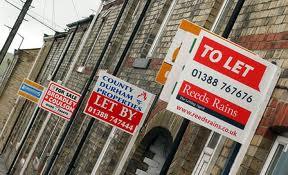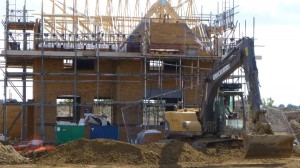New home buyers will come across the same phrases and statements used by house builders’ to market their homes and when dealing with distraught new home buyers. But what are the house builders really telling you?
On marketing:
“Attention to detail”
If we can save a few pennies by not doing something and we can get away with it, we will.
“An exciting development”
We hope to make a lot of money on this site
“All of our staff are trained”
We have told them what they can and cannot tell you
“Our friendly site team”
The site manager is always in the sales office chatting and drinking coffee.
“Spacious interiors”
Larger than the usual rabbit-hutch new homes we build “Our sales team are fully trained to offer you expert guidance and practical assistance throughout the buying process”
“Our sales team are fully trained to offer you expert guidance and practical assistance throughout the buying process”
Our sales staff will try to sell you optional extras and force our choice of solicitor and mortgage broker on you.
















